By Elisa Baring, Senior Director, Public Affairs and Tegan Joseph Mosugu, Associate Director, Media and Public Relations
In 2019, the END Fund partnered with Nigerian Super Eagles defender, William Troost-Ekong to create a social awareness media campaign aimed at combating the burden of neglected tropical diseases (NTDs) in Nigeria. William is also part of Common Goal – an organization that uses the power of football to drive social change. This campaign promoted public service announcements in English and was translated into Hausa, Yoruba, Igbo, and pidgin (Nigerian parlance). The primary goal was to increase people’s knowledge of NTDs, while equipping Nigerians with actionable steps that must be taken during mass drug administration (MDAs). public health messages went beyond urging individual Nigerians to take the needed medicine for NTDs and called on people to have conversations within their family and friends.
Consistent NTD public health messages that are concise should not only be transmitted through multiple communication mediums (radio, television) but should also adapt to different local contexts. The PSAs in the local languages employed several African musical instruments to create an immersive experience akin to that of a community meeting. Messages were also heavily played on the radio and reached more people in the mornings and afternoons. In Ekiti state alone, the radio PSA reached 35% of the target audience. In the northern state of Borno, the PSA reached an audience of approximately 467,000 people.
The reach numbers on the radio suggests that more people are likely to come in contact with public health messages on the radio compared to television. Nonetheless, television spots can be catalysts for starting conversations at the household and community levels. Phase One of the campaign – which happened from June – July 2019 during African Cup of Nations – saw high viewership numbers across all states. For many Nigerians, seeing a football star lend his voice towards this campaign makes the message resonate with them more and increases their likelihood of taking the recommended steps.
Receiving the messages is the first step in achieving long-term behavior change and strong social awareness. The burden of NTDs were framed as preventing people from going to school and work, which in turn affects community and national development. This approach was helpful in improving the knowledge and attitudes people have surrounding NTDs and creating a sense of urgency.
Creating awareness about the burden of NTDs is crucial to seeing an end to these diseases of poverty during our lifetime. Taking that into account, we can start with more African voices being champions. These spokespeople can advance this goal by educating people from all walks of life and drawing attention to the impact of NTDs.
